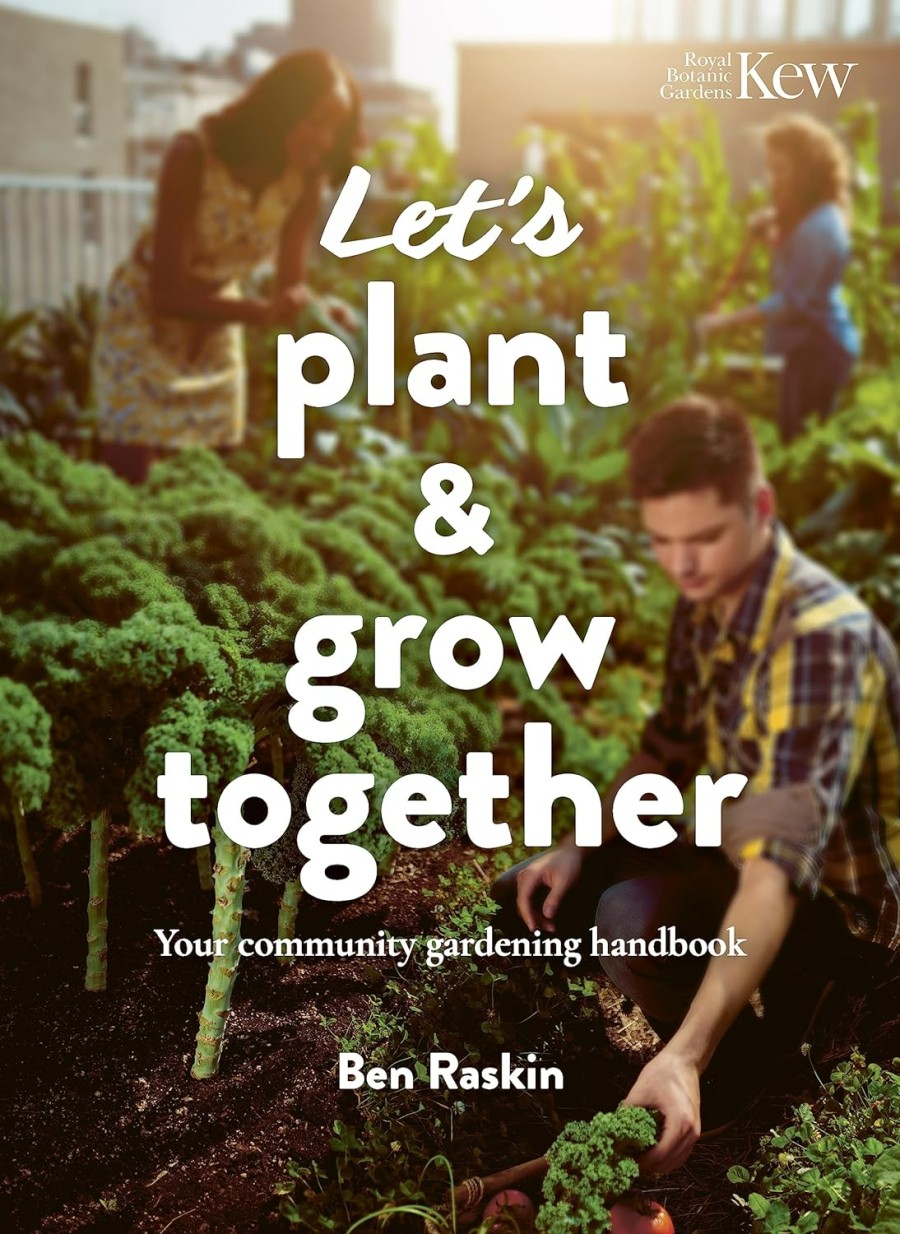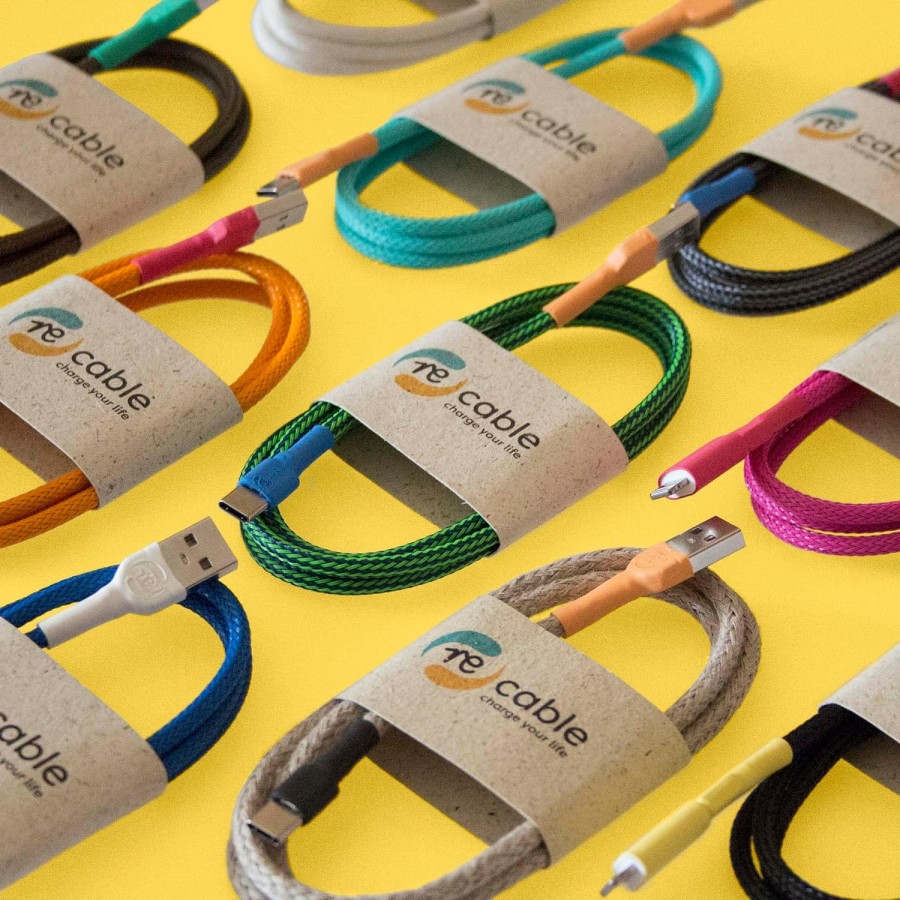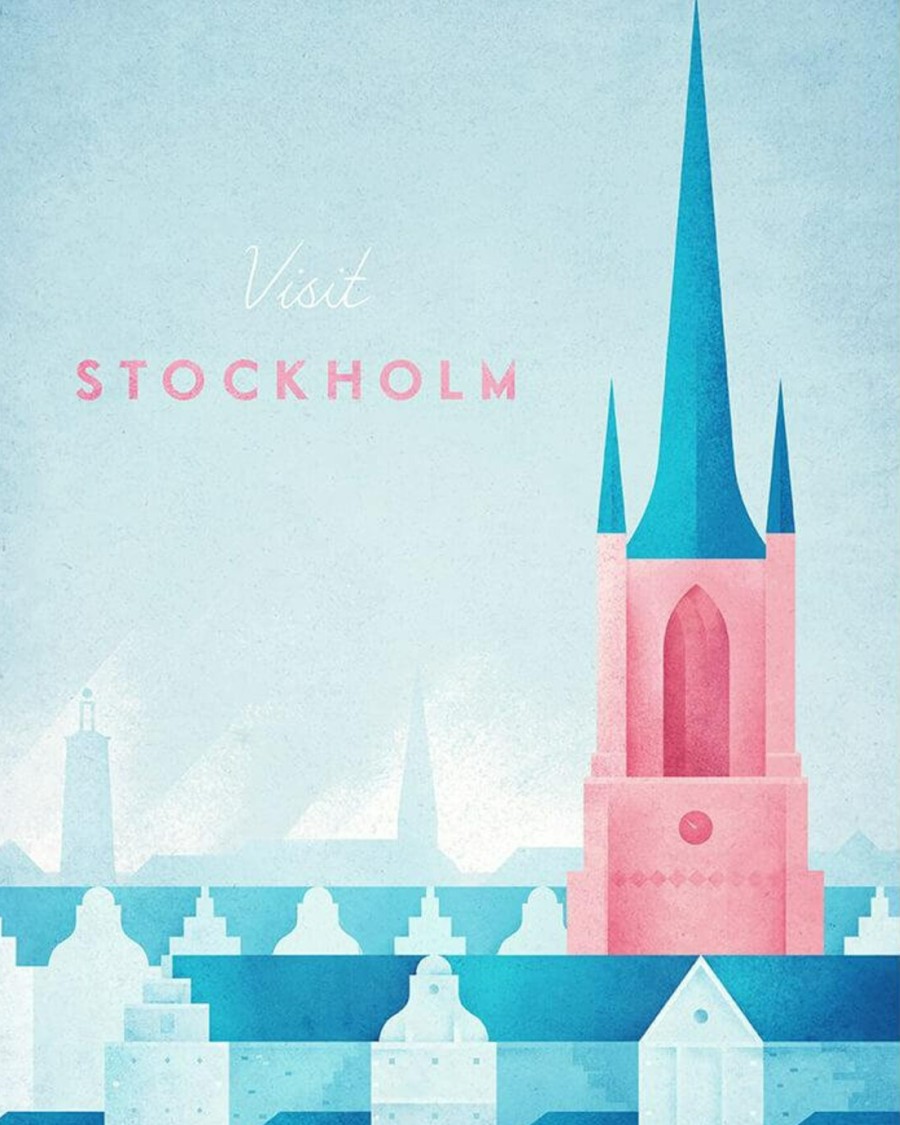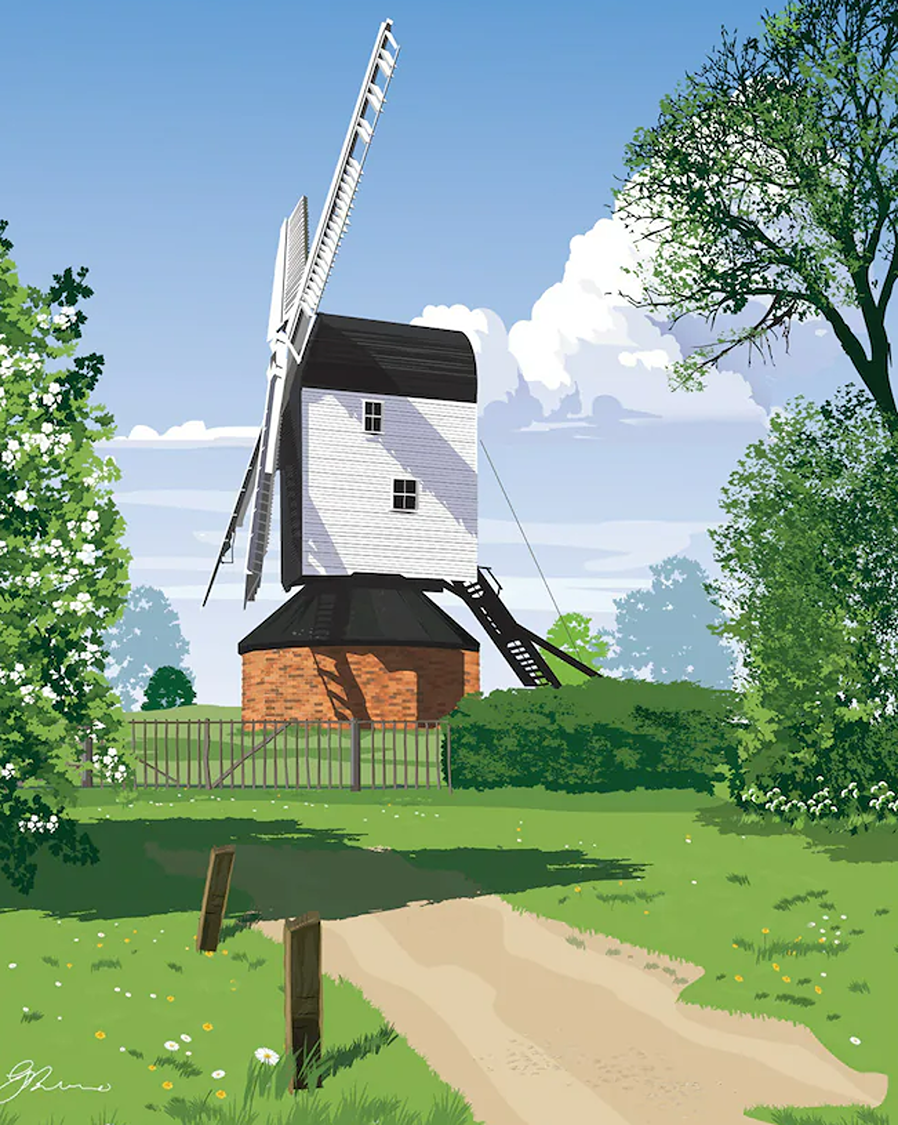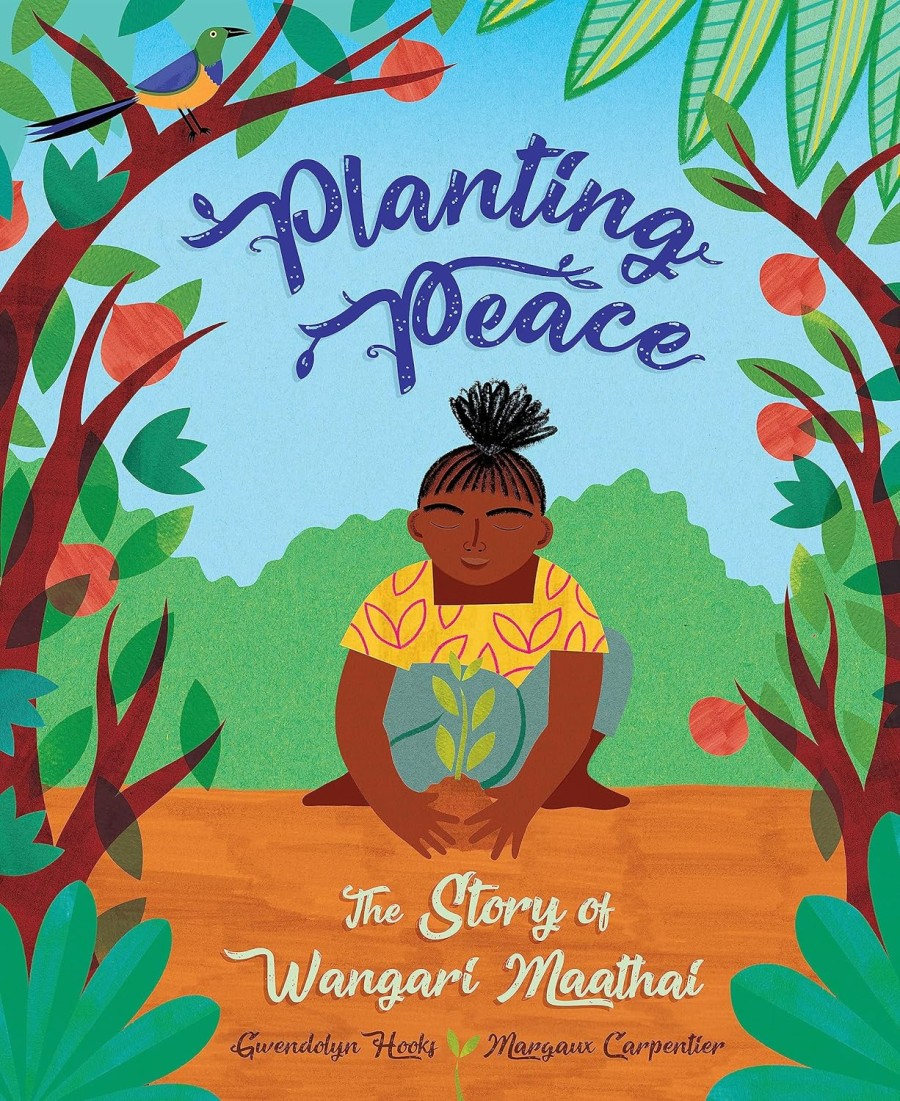
The term ‘developing countries’ is the modern alternative to the term ‘third world countries’ that was used decades ago. However, some would argue that this phrase is not good either, as ‘developing’ suggests they should ‘catch up with western countries’. But ecological writer Satish Kumar suggests it is perhaps the other way around, and we should learn that buying rubbish to throw away to create ‘economic growth’ and spending our lives on phones and computers, is not the way to live. Despite poverty, many people in Africa, India and central/South America live happier lives, as long as they have food and good health.
Having said that, England is a fairly rich country compared to most, though we do still have children who go to school without breakfast (food poverty campaigner Jack Monroe once wrote of an old man who told her he had a spoon of toothpaste for his dinner, to trick himself into thinking he had eaten). But overall, the term ‘developing country (54 of the 166 are in Africa) is classed as one where most people are malnourished without clean safe water.
Nearly all developing countries have issues with democracy – the most dangerous and one of the poorest countries on earth is Somalia. 20% of all the world’s children live in extreme poverty, with 15,000 (5 or under) dying daily and around 3.5 million people die from air pollution due to burning kerosene lamps or making indoor fires, due to lack of clean electricity.
don’t patronise people who need help
One area that irks many is TV ads of starving children with flies around their eyes (some ask why the cameraman does not just put down his camera and go to help). Many people in Africa are fed up of this ‘begging bowl’ image, all done to try to get people to donate ‘just £3 a month’ so you can give regularly and hopefully leave a huge legacy in your Will. Far better to just donate to small charities and get a legally-binding Will drawn up yourself.
Then there are political arguments. Why does the Catholic Church ban contraception, in vastly overpopulated countries? CycleBeads is a contraceptive app created by researchers at a US university, which is also given as simple ‘beads’ in Africa to prevent unwanted pregnancy yet don’t conflict with religious beliefs. And often we wonder ‘where the money goes’ if giving to countries with corrupt governments.
Big business can also patronise. Gambia’s Bakoteh rubbish dump (where people earn money by selling scrap found from our electronic waste) causes health problems from pollution. And ‘free tampons’ are sent to a continent ravaged by AIDS where they are sometimes shared due to poverty (on a continent with little safe sewage systems). Yet Afripads make eco-friendly pads (and provide jobs), more empowering to local girls and women.
even ‘very poor women’ can breastfeed
In most cases, nearly all women can breastfeed, which is why Baby Milk Action wants western companies to stop promoting ‘free formula’ in hospitals. When mothers return home, they can’t afford it so either water it down or mix with dirty water, which World Health Organisation says is causing 800,000 deaths each year. For cleft lip, Nifty Cup (invented by medics in North America) enables breastfeeding to let babies ‘lap breast milk’, rather than having to use formula.
don’t ‘gift animals’ to poorer countries
Big charities often ask us to ‘send a farm animal’ to people in poverty to provide milk (around 75% of people with African and Asian heritage are lactose-intolerant). This is not a good idea, as it means another mouth to feed and water, and leads to fertile land being over-grazed, when it’s far better to use that land to grow crops like high-protein and drought-tolerant teff which feeds far more people. One scheme in Kenya is planting 2000 trees to provide fruit and nut trees.
In Ethiopia, over 40% of people are or starving, yet the country has 50 million cattle, almost 50 million sheep and goats and 35 milllion chickens – all consuming the food, land and water. This has caused severe overgrazing, deforestation, erosion and desertification. Instead, the country could grow teff, an ancient and nutritious grain grown for thousands of years. It’s high in protein, fibre and calcium (more than milk) and a rich source of minerals. Dr Richard Oppenlander (sustainability consultant)
give to plant-based hunger charities
You can feed way more people with plant foods per acre (during 1985 Live Aid, England was actually importing grain from Ethiopia to feed our livestock, when that land could have been used to grow food for local people). The charity A Well Fed World has many programs, with donations used to provide plant-based school meals, give grants to start plant-based microbusinesses, funding the planting of fruit/nut trees and distributing free or low-cost legumes (and seeds for community gardens).
In the US, it runs food-share programs and community fridges (for people to access free leftovers from shops and restaurants) and also runs vegan food relief programs during hurricanes, earthquakes, floods and wildfires (Food for Life runs similar programs and also hands out free food in Ukraine). Is this not all more hopeful and proactive than just asking you to ‘grow money at a big charity on a TV ad that costs thousands of pounds to air?
buy less, buy used or buy better
Just like Fair Trade for food and drink, looks for Fair Wear logos on clothes (more stringent than Ethical Trading Initiative and Better Cotton). Since the tragic fire in a Bangladeshi clothing factory (where over 1000 garment workers died), big chain stores have been getting better, but not fast enough. If your cotton t-shirt costs £1, something has gone seriously wrong.
clean safe water for developing countries
- One Water (sold in Co-op supermarkets) use profits to support clean water projects abroad. Belu is a water filter for shops/restaurants, that helps the same. And mains-fed Frank Water Coolers use profits to help Indian children.
- Lifestraw is a personal water filter that needs no electricity, and purifies unsafe water. Some people say this encourages people to ‘drink dirty water’. But it’s quick and affordable to save lives, while people wait for big charities to build wells.
- Hipporoller is a simple invention that lets women and children wheel water from wells, rather than walk for miles carrying heavy buckets on their heads (which leads to headaches and weak bones). It’s also quicker, meaning children spend more time in school.
easy swaps to help developing countries
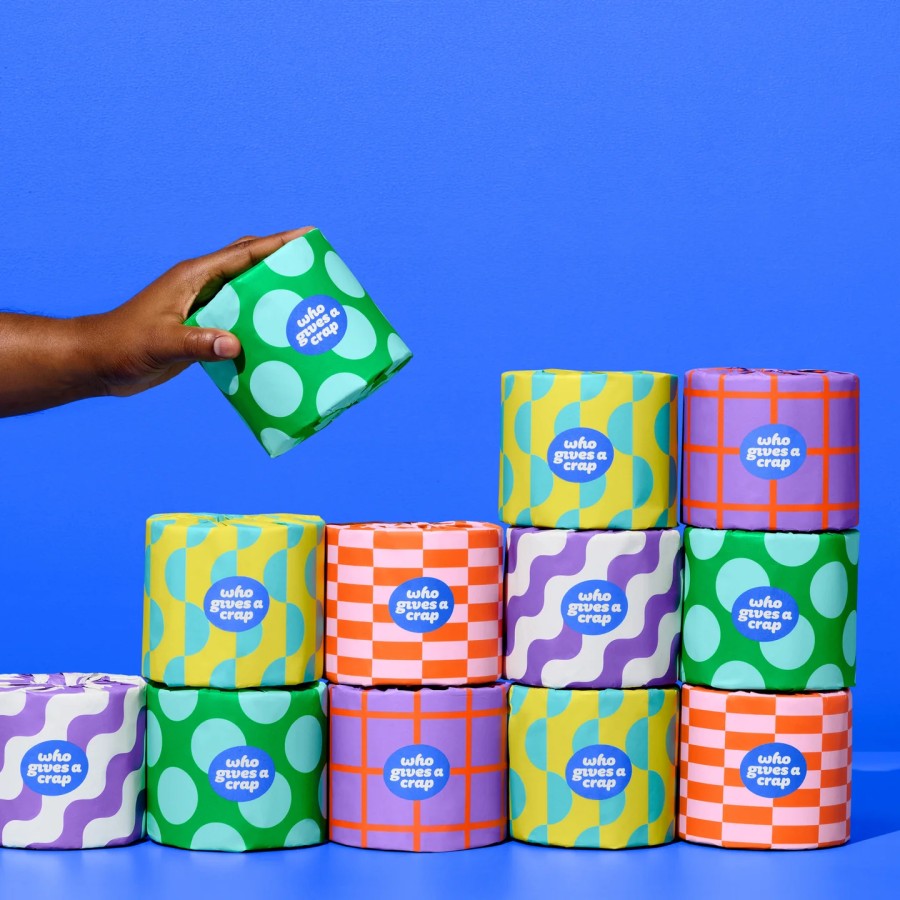
- Who Gives a Crap? (the company’s Aussie, hence the cheeky name) offers affordable 400-sheet rolls of thick recycled paper or bamboo toilet tissue, sent in paper packaging. 50% of profits are donated to projects that provide clean sanitation in developing countries. Use code TP4EVA for £5 off toilet paper subscription (one time discount valid for new subscribers, cannot be used with other discount codes).
- Power a Life makes powerful phone chargers that fit in your pocket, each purchase gifts a solar light to a child in school. This prevents forests being chopped for firewood, and limits use of kerosene (both poisonous and a fire hazard).
- Support Born Free which investigates to stop the bushmeat trade to help African monkeys and other animals.


